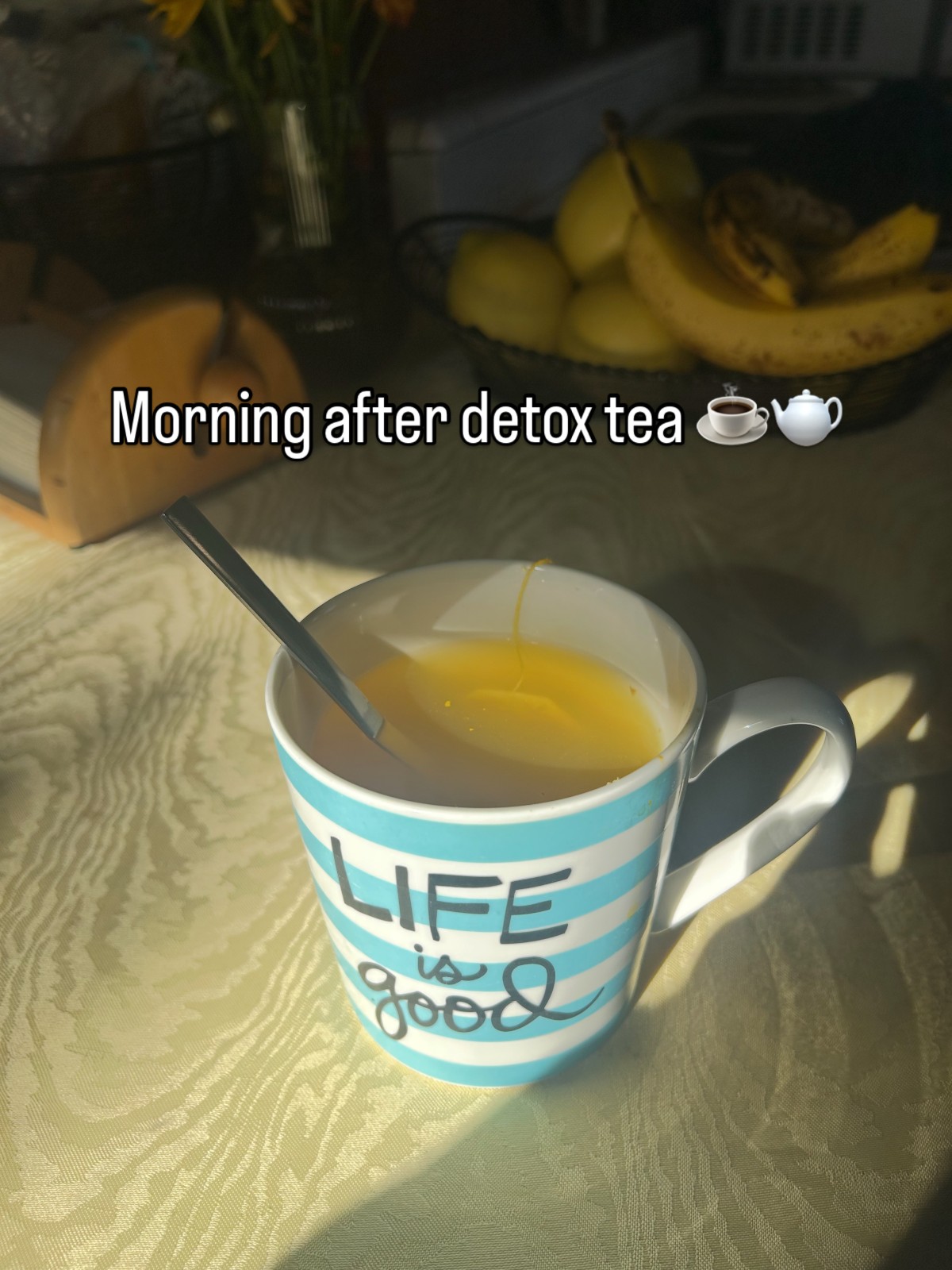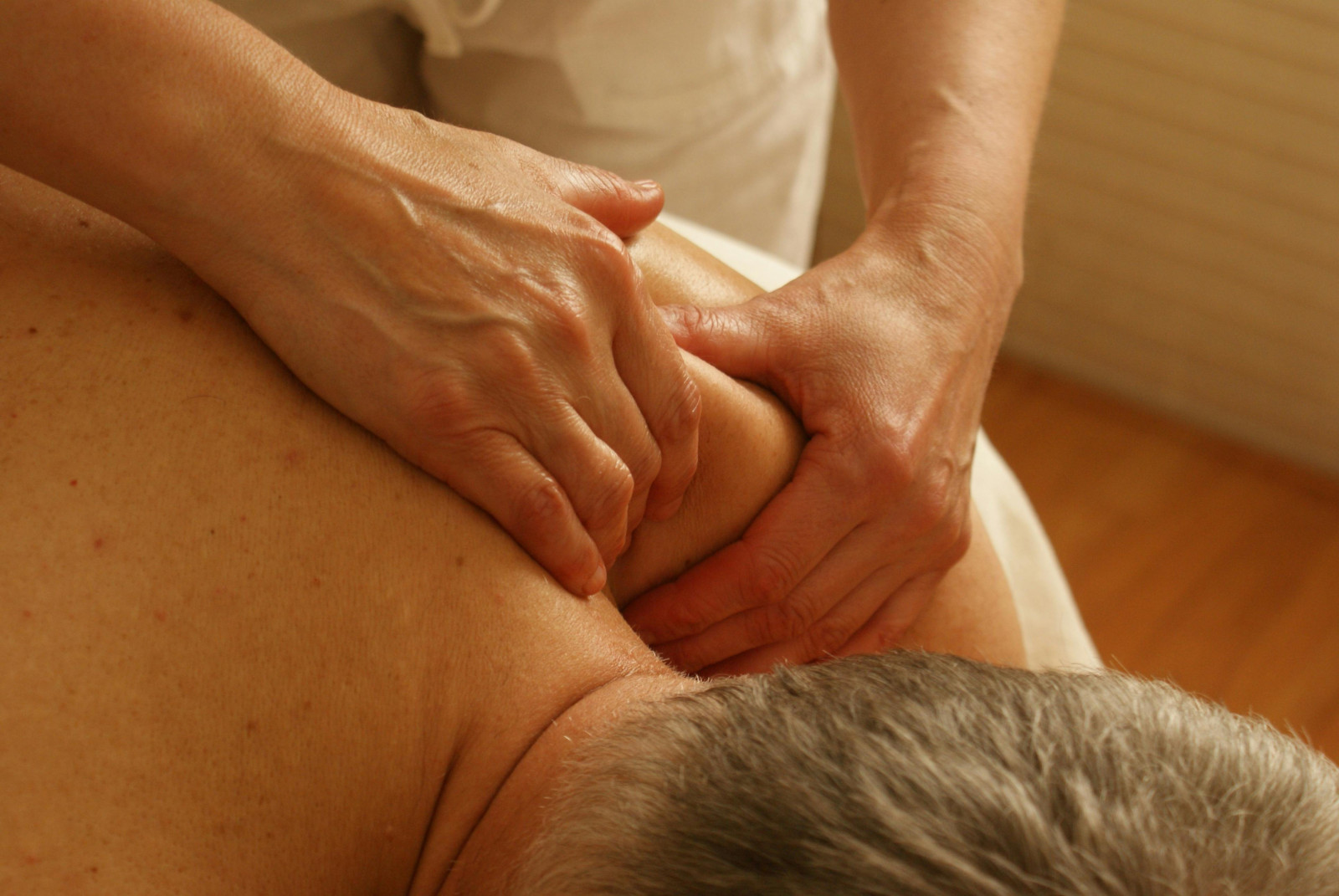Valentine's Day is a time for indulgence, and it's important to remember that enjoying treats on this special occasion can be both beneficial and guilt-free. Special occasions like Valentine's Day play a crucial role in our emotional and cultural well-being, and recognizing that treats can be part of a balanced lifestyle helps us maintain a healthier approach to eating. Sharing sweets with loved ones can strengthen social bonds, creating meaningful memories that contribute to our emotional health.
Your overall health is determined by your regular habits, not by what you eat on a single day, so a Valentine's Day celebration won't undo your healthy lifestyle. To enjoy Valentine's Day treats mindfully, maintain your regular, balanced meals throughout the day, stay hydrated, and plan which treats you'll truly savor. During the celebration, practice mindful eating, share treats with others, and focus on the experience and company, not just the food.
If you're looking to balance enjoyment with health consciousness, choose quality over quantity by opting for higher-quality chocolates or treats, incorporate dark chocolate for its health benefits, and balance sweet treats with nutritious foods throughout the day. Remember, Valentine's Day comes once a year, and the stress and anxiety of restricting yourself can be more harmful than mindfully enjoying treats. As you celebrate, focus on the love, joy, and connections that make the day special, and let yourself enjoy those heart-shaped chocolates guilt-free.
Read more...
Maintaining our mental and emotional health is as crucial as taking care of our physical well-being. These aspects of health are deeply interconnected, and focusing on one can significantly benefit the other. This blog will explore how to keep our mental and emotional health in check while also prioritizing physical health, with a special emphasis on the benefits of functional labs used by Functional Diagnostic Nutrition (FDN) practitioners in discovering hidden stressors that affect our mental and emotional health.
The Interconnection Between Mental and Physical Health
Mind-Body Connection
Mental and physical health are not separate entities; they are closely linked. The mind-body connection refers to how our thoughts, feelings, and emotions can directly impact our physical health. For instance, chronic stress and anxiety can manifest as headaches, muscle tension, and digestive issues. Conversely, physical health issues like chronic pain can lead to mental health problems such as depression and anxiety.Hormonal Balance
Hormones play a crucial role in maintaining both mental and physical health. Imbalances in hormones like cortisol, serotonin, and dopamine can lead to various health issues. For example, elevated cortisol levels due to stress can result in weight gain and high blood pressure, while imbalances in serotonin and dopamine can contribute to mental health disorders like depression and anxiety.How Poor Mental Health Affects Physical Health
Weakened Immune System
Chronic stress can weaken the immune system, making the body more susceptible to illnesses and infections. Stress hormones can suppress immune function, leading to a higher risk of diseases.Increased Risk of Chronic Diseases
Mental health issues can lead to unhealthy behaviors such as overeating, smoking, and lack of physical activity. These behaviors increase the risk of chronic diseases like heart disease, diabetes, and obesity.Physical Symptoms
Mental and emotional health issues often manifest physically as headaches, muscle tension, and digestive problems. If left unaddressed, these symptoms can lead to more severe health issues.Benefits of Physical Activity on Mental Health
Stress Reduction
Regular physical activity can help reduce stress and anxiety by releasing endorphins, which are natural mood lifters. Exercise also helps improve sleep quality, which is essential for both mental and physical well-being.Improved Mood and Self-Esteem
Physical activity can boost self-esteem and confidence by helping individuals achieve their fitness goals. This sense of accomplishment can improve self-image and overall mental health.Better Sleep Quality
Exercise can help improve sleep quality, leading to better mental and physical health. Good sleep is essential for cognitive function, mood regulation, and immune system efficiency.Functional Labs: Discovering Hidden Stressors with FDN Practitioners
Identifying Root Causes
Functional Diagnostic Nutrition (FDN) practitioners play a crucial role in identifying hidden stressors that affect our mental and emotional health. FDN practitioners use comprehensive functional lab tests to uncover underlying imbalances in the body, such as nutrient deficiencies, hormone imbalances, inflammation, chronic infections, and gastrointestinal disturbances. By pinpointing these issues, FDN practitioners can develop personalized protocols to address the root causes of mental health symptoms.Hormonal Imbalances
FDN practitioners evaluate hormone levels and aim to rebalance them through lifestyle changes, stress reduction techniques, and targeted supplementation. By optimizing hormonal function, FDN practitioners can have a positive impact on mental health outcomes.Nutrient Deficiencies
Nutrient deficiencies can exacerbate mental health symptoms like anxiety and depression. Functional labs used by FDN practitioners can identify deficiencies in essential vitamins and minerals, allowing for targeted supplementation and dietary modifications to restore balance and improve mental health.Environmental Toxins
Exposure to environmental toxins can significantly impact mental health. FDN practitioners can use functional labs to detect these toxins, enabling them to recommend detoxification protocols and reduce the toxic burden on the body.Practical Tips for Balancing Mental and Physical Health
Healthy Diet
Eating a balanced diet rich in nutrients can improve both physical and mental health. Foods high in omega-3 fatty acids, antioxidants, and vitamins can enhance brain function and reduce symptoms of depression and anxiety.Regular Exercise
Engaging in regular physical activity, such as walking, running, or yoga, can help reduce stress, improve mood, and boost overall physical health.Quality Sleep
Prioritize sleep by maintaining a consistent sleep schedule, creating a relaxing bedtime routine, and optimizing your sleep environment. Quality sleep is crucial for mental and physical health.Mindfulness and Relaxation Techniques
Practicing mindfulness and relaxation techniques, such as meditation and deep breathing exercises, can help manage stress and improve mental health.Social Connections
Maintaining strong social connections with family, friends, and community can provide emotional support and improve overall well-being. Social health is an essential component of mental health.Professional Help
If you are struggling with mental health issues, seek professional help. FDN practitioners, therapists, counselors, and medical professionals can provide the necessary support and treatment to improve your mental health.Conclusion
Taking care of our mental and emotional health is just as important as focusing on our physical health. By understanding the connection between the two and implementing practical strategies to maintain both, we can achieve overall well-being and lead healthier, happier lives. Functional labs used by FDN practitioners offer a valuable tool in uncovering hidden stressors and imbalances, enabling a more personalized and effective approach to mental health care.Diane Dahi, FDNP LMT
www.DianeWellness.com

Hey everyone,
Today, I want to dive into something deeply personal and profoundly relevant to all of us: managing our mental health during times of change. I know firsthand how overwhelming life’s shifts can be, and I’m here to share some strategies and insights that have helped me navigate these turbulent waters.
1. Acknowledge the Change
One of the first steps in managing mental health during a period of change is simply acknowledging that change is happening. Denying or ignoring it only prolongs the stress. Embrace the fact that change, though often daunting, is a part of life. By naming what’s happening, you start to reclaim some control over the situation.
For example: If you’re moving to a new city or starting a new job, take a moment to reflect on the scope of the change. Write it down, talk about it with a friend, or just sit with the feeling for a bit.
2. Give Yourself Permission to Feel
It’s okay not to be okay. When we face big changes, our emotions can run the gamut from excitement to fear, and everything in between. It’s crucial to give yourself permission to experience these emotions without judgment. Feelings are valid, and they’re a natural part of the process.
For example: If you’re feeling anxious about a new project at work, acknowledge that anxiety is a normal response. It doesn’t mean you’re not capable or strong; it means you’re human.
3. Establish a Routine
Routine can be a lifeline during periods of change. It provides a sense of stability when everything else feels uncertain. Establishing small, manageable routines can help ground you and create a semblance of normalcy.
For example: Set aside specific times for meals, exercise, or relaxation. Even small routines, like having a morning coffee ritual or an evening wind-down routine, can create a comforting structure in your day.
4. Reach Out for Support
You don’t have to go through change alone. Support systems are vital, whether it’s friends, family, a therapist, or support groups. Sometimes, just talking things out can lighten the emotional load and provide new perspectives.
For example: Reach out to a friend and share what you’re going through. You might be surprised at how much support and understanding you receive.
5. Practice Self-Care
Self-care isn’t just a buzzword; it’s essential for mental well-being, especially during change. Make time for activities that rejuvenate you, whether it’s a hobby, exercise, or simply taking a quiet walk.
For example: If you love reading, make time for a good book. If exercise is your thing, stick to your workout routine or explore new physical activities that you enjoy.
6. Focus on What You Can Control
Change often brings with it a whirlwind of uncertainties. While you might not be able to control everything, focusing on the things you can manage helps to bring a sense of control back into your life.
For example: If you’re dealing with a new work environment, focus on how you can best adapt to the new team dynamics, rather than stressing over aspects that are out of your control.
7. Reflect on Your Progress
Sometimes, in the midst of change, it’s hard to see how far we’ve come. Taking a moment to reflect on your progress can provide motivation and remind you of your resilience.
For example: Keep a journal where you record your experiences and feelings. Look back at past entries to see how you’ve grown and overcome obstacles.
8. Stay Present
It’s easy to get caught up in what-ifs and future anxieties. Practice staying present through mindfulness techniques like meditation, deep breathing exercises, or just being conscious of the here and now.
For example: When you find yourself spiraling into worries about the future, take a few deep breaths and focus on your immediate surroundings. Ground yourself in the present moment.
9. Set Realistic Goals
During times of change, setting small, achievable goals can help you maintain a sense of direction and purpose. Break down larger tasks into manageable steps and celebrate your progress along the way.
For example: If you’re starting a new job, set daily or weekly goals like getting to know a certain number of colleagues or mastering a specific task.
10. Be Patient with Yourself
Change takes time, and so does adapting to it. Be patient with yourself as you navigate these new waters. Growth and adjustment are gradual processes.
For example: If you’re not immediately adjusting well to a new environment, remind yourself that it’s okay. Growth is a journey, not a sprint.
Wrapping Up
Change is a constant in life, and while it can be challenging, it also offers opportunities for growth and new experiences. By acknowledging the change, practicing self-care, and seeking support, you can manage your mental health effectively during these times. Remember, you’re not alone in this journey, and there are always ways to find balance and strength.
Thanks for reading and for joining me in this conversation. I hope these tips resonate with you and help you navigate your own changes with a bit more ease and resilience.
I'm here to offer free 15 minute coaching for anyone wanting a reset and clarity on your next step.
Just grab a Tea Time call here.
Take care of yourselves and each other!
Warmly,
 Diane Dahi
Diane Dahi

Who are you now??
Kids have grown, your parents are aging and you look in the mirror and say “Now what??” Read more...
As life takes its course, it's not uncommon to find ourselves questioning who we are. With children transitioning into young adulthood and our parents growing older, it's important to remember that we too deserve to embark on new adventures and redefine ourselves. If you're looking to rediscover who you truly are, here are some tips to guide you along your journey:
1. Embrace Self-Reflection: Take a moment to pause and reflect on your passions, interests, and values. Consider what activities make your heart sing and bring you joy. Write down your thoughts and allow yourself to explore new possibilities.
2. Carve Out "Me Time": It's essential to prioritize self-care and set aside time for activities that nourish your soul. Whether it's indulging in a hobby, practicing meditation, or going for a peaceful walk in nature, make it a non-negotiable part of your routine.
3. Reconnect with Old Hobbies: Think back to the things you loved doing before life got busy with family responsibilities. Revisit those hobbies or interests that used to bring you immense happiness. Join a club or take a class related to your passion to reconnect with like-minded individuals.
4. Pursue New Experiences: Step outside of your comfort zone and try new things. Venture into activities or interests you've always wanted to explore but never had the chance to. Engaging in novel experiences can unlock hidden passions and bring a fresh sense of purpose.
5. Prioritize Health and Wellness: As our bodies age, it's crucial to prioritize our health and well-being. Incorporate regular exercise, maintain a balanced diet, and explore natural ways to support your body, such as using quality beauty and cleaning products for to support relaxation, energy, and overall wellness.
6. Foster Meaningful Relationships: Surround yourself with positive and supportive individuals who inspire and uplift you. Cultivate relationships that encourage personal growth and understanding.
7. Seek Personal Growth: Engage in personal development activities like reading self-help books, attending workshops or webinars, and participating in online courses. Continuously learning and expanding our knowledge helps us grow as individuals.
8. Embrace Adventure: Challenge yourself to step outside of your comfort zone and embark on new adventures. Whether it's traveling to new destinations, trying new cuisines, or engaging in adrenaline-pumping activities, stretching your boundaries can lead to personal transformation.
Remember, this journey of self-discovery is unique to each individual. Be open to exploring new paths and allow yourself the freedom to redefine who you are. Embrace this season of life with curiosity, excitement, and a steadfast determination to rediscover and embrace your true self.
Click here to find your free personal assessment link and your path to rebalancing your unbalanced life.
Would you like to be part of a like-minded group of middle aged women who’s ready to live with out any regrets?!?

Do you have a goals to make the second half of your life fun and adventurous?!?!
Yet you struggle with how to afford to retire and have time and the money to make these dreams come true?
Once we enter midlife, we need a renewed plan. It's time to be very clear about your top priorities and create a plan so you have the financial and physical fitness to make these dreams come true, It's never too late to live your best life!
So, Where do you start?
Begin with managing your money, start with knowing how much money you bring in and what money goes out. Then create a plan for where it's going to go.
Look at these two areas 1)TRACKING YOUR MONEY and 2) DECIDING ON YOUR PLANS
Creating a tracking system for personal finances is essential for anyone looking to budget and manage their money effectively. Fortunately, there are quite a few user-friendly options available, even for those who may not consider themselves tech-savvy. One popular option is the free mobile app, Mint.
Mint is an intuitive app that allows you to connect your bank accounts and credit cards so that you can see all of your transactions in one place. Categories, such as "groceries," "gas," "utilities," and "shopping," are automatically assigned to each transaction, so you can see where your money is going without having to manually input every purchase.
Additionally, Mint allows you to set budgets for each category and will send alerts when you're near or have exceeded your budget. The app also provides a summary of your monthly spending and tracks your net worth over time.
If you find you are not able to fund your dreams, consider a home business.
There are many fun and creative ways to create income with sharing what you already know and love.
If being self-employed is part of your plan, consider QuickBooks for tracking your income.
QuickBooks is a user-friendly option great for someone self-employed. This software is designed specifically for freelancers and small business owners and can be accessed through both a mobile app and desktop website. QuickBooks Self-Employed allows you to track your income and expenses, separate business and personal transactions, and categorize expenses based on Schedule C tax categories.
The app also allows for easy invoicing and tracks mileage for business-related trips. It's ideal for individuals who want to get a better handle on their finances without having to be an accounting expert.
Both of these options work on a phone and laptop, making it easy to track your finances on the go. Ultimately, the best system for you will depend on your personal preferences and needs. It's worth taking the time to research and test out different options to find the one that works best for you.
After you set up your tracking system, it's time to make your plan!
If you need help scheduling in your daily or weekly time to work on your finances, let's chat!











